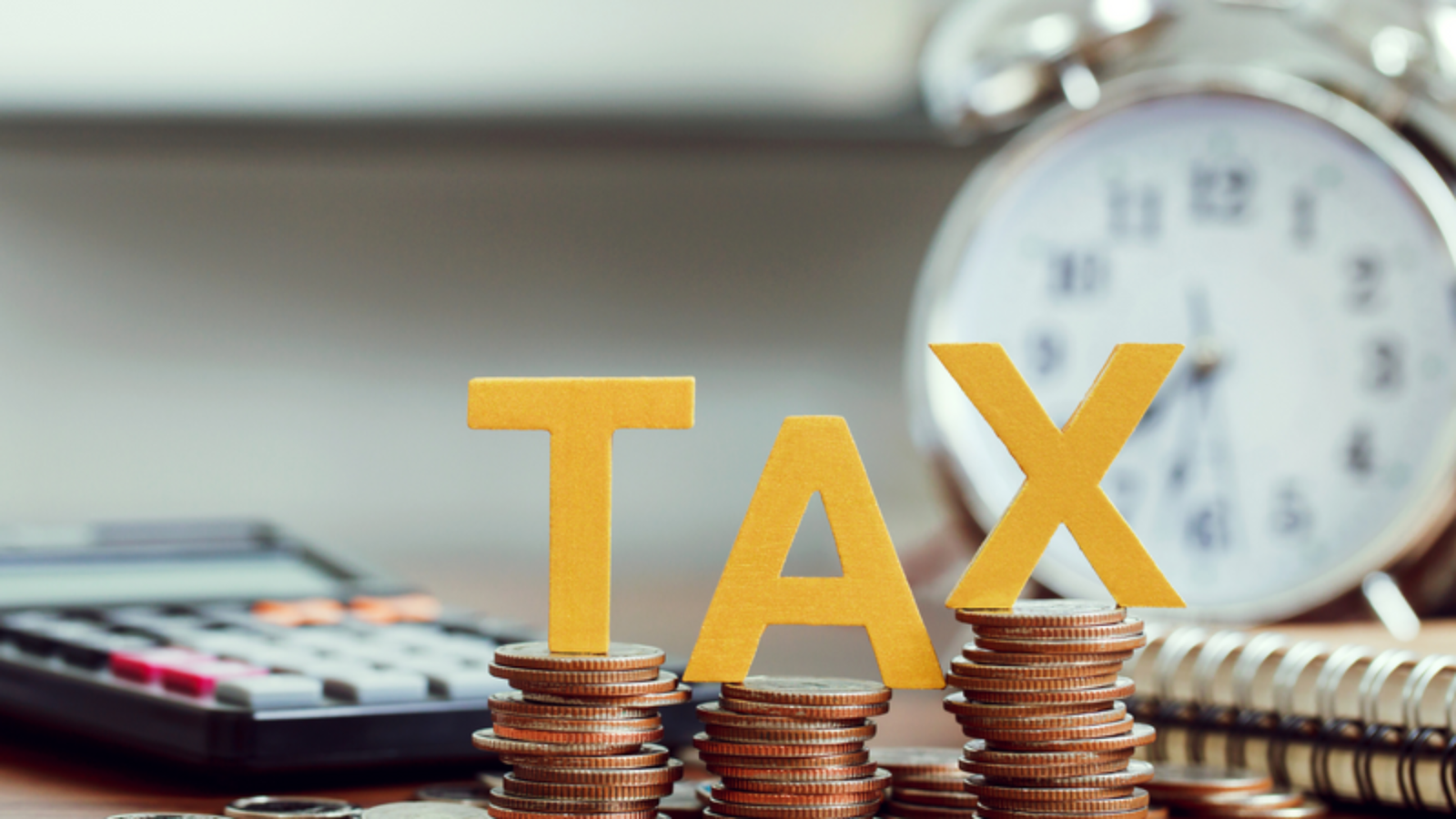I’m going to be frank here: this isn’t just a policy change — it’s a dramatic redistribution of wealth. As someone who studies financial policy and its real-world implications, I find it hard to ignore the staggering gap this bill is set to create. Will it foster growth, or will it undermine fairness?
Table of Contents
ToggleHow the New Tax Bill Could Impact Your Finances and Raise Fairness Concerns
According to a new analysis by the Congressional Budget Office (CBO), the Republican tax bill approved by the US House of Representatives is expected to cost the poorest Americans about $1,600 a year, while wealthier Americans could see their income grow by nearly $12,000 a year. Middle-income families may get a small boost — roughly $500 to $1,000 — but many cuts come from reductions in health care and food assistance programs. The CBO reports these policy choices could exacerbate income inequality and undermine financial stability for vulnerable groups.
Expert Insight List (My Suggestion)
It Shifts Wealth From Poor to Rich
This isn’t a minor policy adjustment; it’s a dramatic transfer of resources.
According to the CBO, poor Americans will lose benefits and income, while rich Americans will enjoy large cuts and incentives.
This underscores a policy direction that favors the wealthy over low-income families — a move that could affect financial equity for years to come.
Work Requirements May Push People Out of Benefit Programs
The proposal adds “community engagement” conditions — 80 hours of work, education, or service — for able-bodied adults without dependents to keep health care and food aid.
This policy change will likely cut benefits to many people who are already vulnerable, putting greater pressure on communities and food banks.
Some Middle Class Benefit May Be Temporary
The small benefits for the middle class, like a temporary standard deduction increase or tax breaks for car loans, are not permanent.
This signals a temporary boost, not a sustained policy — which means many people may face financial uncertainty in future years.
Higher Deficits and Rising Inequality Could Be Side Effects
Supporters say the cuts will be offset by tariff income and economic growth.
But the CBO highlights potential downside effects — growing deficits, reduced purchasing power, and greater income inequality — that could undermine financial stability in the long term.
Reader Guidance
For low-income families:
See if you’re eligible for additional programs or benefits to help ease financial stress. It’s a good time to check your benefits, apply for what you’re eligible for, and connect with community resources.
For middle-income earners:
Consider putting aside your temporary tax savings in a high-yield account or retirement fund. That way you’re not stranded when those cuts expire in a few years.
For high-net-worth people:
This is a strong opportunity to reassess financial strategies. Higher income means you may want to maximize retirement contributions, accelerate mortgage payments, or fund education plans while incentives are available.
Q&A — Breaking It Down
What is the GOP Tax Bill Would Cost Poor Americans $1,600 a Year and Boost Highest Earners by $12,000, CBO Says?
It’s a policy passed by the Republican-controlled US House of Representatives that cuts benefits for low-income people while extending substantial tax cuts to the rich. The CBO says it will result in a nearly $1,600 annual reduction in income for the poor and a $12,000 annual boost for the wealthy.
Subtle Solution — A Better Approach?
Instead of dramatic cuts for the poor and large benefits for the rich, a more balanced policy might aim to simplify the Property tax rates and close corporate loopholes.
Tech-savvy financial platforms can help you navigate these policy signals — letting you maximize benefits and minimize risks in a changing financial climate.
Reader Q&A (Bonus)
Will this affect health care coverage for low-income people?
The CBO says adding work requirements will cut Medicaid coverage for many, adding financial stress to already vulnerable communities.
Are there benefits for businesses in this bill?
The legislation cuts corporate taxes, which businesses say will help them grow, hire more workers, and raise salaries — although this trickle-down theory is strongly debated.
Will this policy affect future deficits and debt?
The CBO highlights growing deficits and a weakening financial position for the federal government, adding to long-term economic risks.
Final Thoughts:
As a financial expert, I view this policy as a dramatic reshaping of incentives — and not all incentives are created equal. The rich are poised to win immediately, while the poor may suffer, and the middle class hangs in the balance. Whether this sparks growth or deepens inequality depends on policy choices made in the years to come — and how we, as a society, respond.



